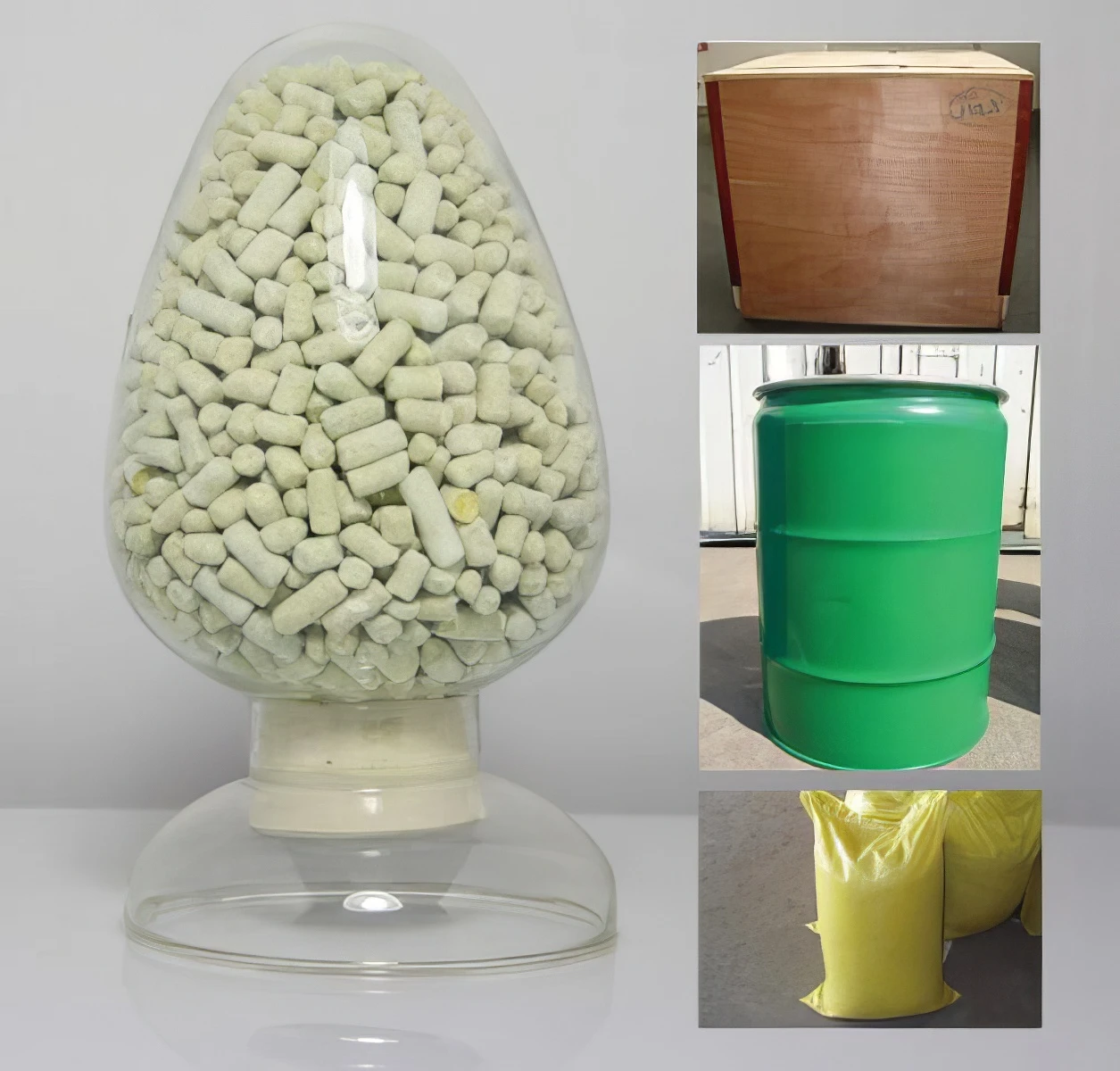



Calcium Ammonium Nitrate Fertilizer - Benefits and Uses
The Uses of Calcium Ammonium Nitrate Fertilizer
Calcium ammonium nitrate (CAN) is a widely utilized fertilizer in agricultural practices across the globe. This compound combines calcium, nitrogen, and ammonium in a form that is highly beneficial for plant growth. The unique combination of nutrients makes it a popular choice among farmers, horticulturists, and agronomists seeking to enhance crop yields and promote soil health.
One of the primary uses of calcium ammonium nitrate fertilizer is its ability to provide essential nitrogen to plants. Nitrogen is a critical macronutrient necessary for the synthesis of proteins, chlorophyll, and nucleic acids, all of which are vital for plant growth and development. The ammoniacal nitrogen content in CAN is easily absorbed by plants, encouraging vigorous growth, particularly in leafy vegetables and crops such as corn, wheat, and barley. This makes it an ideal choice during the vegetative phase of plant growth when nitrogen demand is at its peak.
In addition to nitrogen, CAN also supplies calcium, which plays a key role in promoting plant strength and stability. Calcium strengthens cell walls, enhances root structure, and helps in the prevention of diseases by improving overall plant health. The presence of calcium in the soil can mitigate adverse effects associated with soil acidity, making CAN particularly useful in regions where soil pH is a concern. Furthermore, calcium aids in the absorption of other nutrients, ensuring that plants can fully utilize the available minerals in their growing environment.
calcium ammonium nitrate fertilizer uses

Another significant advantage of calcium ammonium nitrate is its versatility. CAN can be applied directly to the soil or used in fertigation systems, where it is dissolved in irrigation water. This flexibility allows farmers to tailor their application methods to suit their specific crop requirements and soil conditions. Moreover, CAN is less likely to leach out of the soil compared to other nitrogen fertilizers, which means it can provide a sustained release of nutrients over time. This is vital for maintaining long-term soil fertility and optimizing nutrient availability for plants.
Environmental considerations are also met with the use of calcium ammonium nitrate. It is considered to have a lower risk of causing nitrogen runoff compared to other nitrogen fertilizers, thereby reducing the likelihood of water pollution. Additionally, as a nitrate source, CAN is less likely to contribute to the formation of nitrous oxide, a potent greenhouse gas, if used responsibly.
In summary, calcium ammonium nitrate fertilizer is an invaluable resource in modern agriculture. Its ability to deliver essential nitrogen and calcium, combined with its flexible application methods and lower environmental impact, makes it a preferred choice for farmers aiming to maximize crop productivity while maintaining soil health. As agricultural practices continue to evolve, the role of CAN in sustainable farming will likely remain significant, contributing to food security and environmental stewardship alike.
-
High-Purity Strontium Chloride (SrCl2) for Lab & IndustryNewsAug.31,2025
-
Anhydrous Formic Acid 80% 85% 94% - High Purity SolutionsNewsAug.30,2025
-
Accurate Fire Assay Flux for Gold & Silver Ore AnalysisNewsAug.29,2025
-
Advanced Paint Chem Solutions: Quality Chemicals for CoatingsNewsAug.28,2025
-
Potassium Nitrate: The Ultimate Fertilizer for Agriculture and GardeningNewsAug.25,2025
-
Potasium Persulphate: A Versatile Chemical for Industrial ApplicationsNewsAug.25,2025
-
Industrial Applications of Sodium HydroxideNewsAug.25,2025










